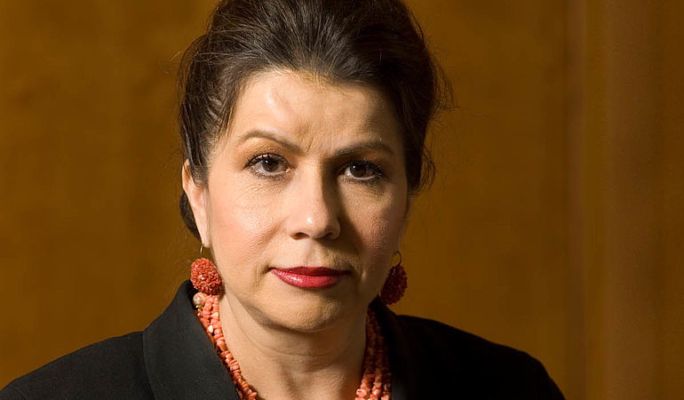
The World Bank has appointed Carmen Reinhart as its new Vice President and Chief Economist, effective from 15 June 2020. Announcing the decision, David Malpass, World Bank Group President said, “Carmen has dedicated her career to understanding and surmounting financial crises in both advanced and developing economies in order to achieve growth and higher living standards. Her thought leadership during this unprecedented period will be invaluable to the Bank Group and our clients.” Continue reading “Carmen Reinhart at the World Bank”
![]()
